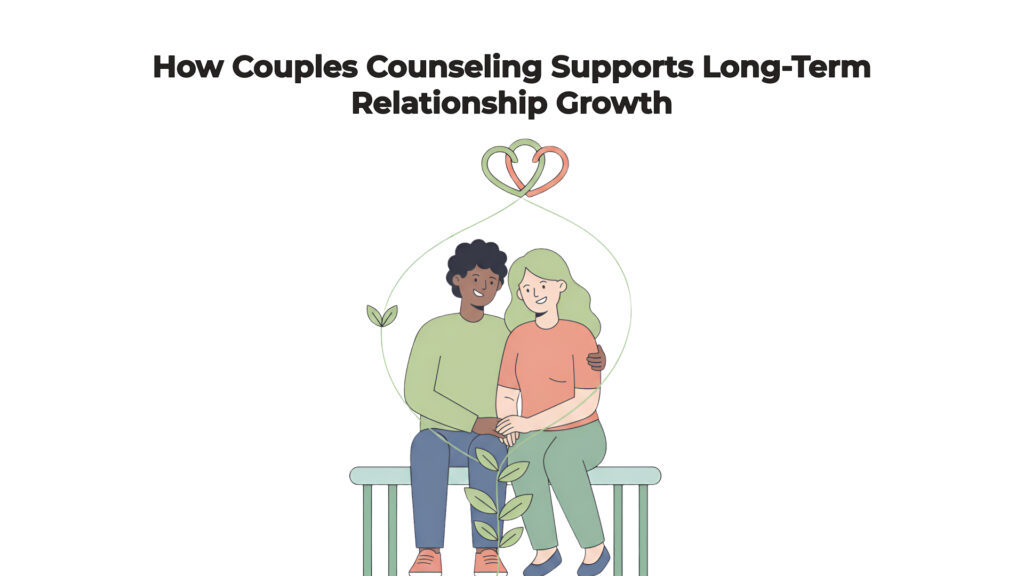Arts and cultural programs are far more than entertainment. They are powerful tools that preserve heritage, build social connections, and inspire new generations to embrace creativity. In many communities around the world, cultural initiatives play a central role in education, social development, and economic growth. One organization that exemplifies this impact is fesfop.org, which has made it its mission to promote cultural identity, music, and education in West Africa and beyond.
Why Arts and Culture Matter for Communities
Arts and culture are the backbone of collective identity. They preserve traditions, languages, and customs that define who we are. Through festivals, performances, and exhibitions, cultural programs help communities celebrate their heritage while sharing it with the wider world.
Moreover, art is a universal language. It connects people across backgrounds, generations, and borders, creating understanding and tolerance. Cultural activities promote diversity by encouraging people to appreciate traditions that may be different from their own, while at the same time reinforcing the value of local heritage.
Educational Value of Arts and Culture
Arts and culture also have a strong role in education. They extend learning beyond the classroom, offering children and youth opportunities to develop creativity, problem-solving skills, and cultural awareness. Participating in music, theater, or visual arts helps young people build confidence and think critically about their identity and the world around them.
Cultural programs often bring together formal education with traditional knowledge. This combination equips students with modern skills while grounding them in their roots. Foundations like fesfop.org use cultural initiatives to teach values, history, and heritage in ways that resonate deeply with younger generations.
Social and Emotional Benefits
Beyond education, the arts serve as a tool for emotional well-being and social unity. They provide safe spaces for self-expression, healing, and storytelling. When individuals take part in cultural programs, they not only strengthen personal pride but also connect with others through shared experiences.
For communities, cultural events foster inclusion and cohesion. They break down barriers between groups, reduce divisions, and create a sense of belonging. This is particularly valuable in diverse societies where cultural differences can sometimes lead to separation.
fesfop.org’s Mission and Work
Fesfop.org has become a key player in promoting arts and culture as catalysts for development. Its mission is rooted in preserving heritage while empowering communities through education and creativity. The foundation organizes music festivals, workshops, and cultural exchange programs that bring people together across borders.
By supporting traditional musicians, fesfop.org ensures that local rhythms and instruments are passed down to younger generations. Through workshops and training, it nurtures youth talent, encouraging them to value their roots while exploring modern opportunities. The organization’s holistic approach combines cultural preservation with education, ensuring long-lasting impact.
Economic and Developmental Impact
Arts and cultural programs also contribute to economic growth. Festivals and cultural events attract visitors, boosting local tourism and small businesses. By creating spaces for artisans, performers, and cultural entrepreneurs, organizations like fesfop.org generate employment and income opportunities.
Investing in cultural industries has long-term benefits. It creates sustainable businesses, supports local economies, and helps communities thrive. When culture is valued not only as tradition but also as an economic driver, development becomes both inclusive and resilient.
Global Recognition and Partnerships
Another important aspect of cultural programs is their ability to place local traditions on the global stage. Fesfop.org has built partnerships beyond national borders, allowing African culture to be celebrated internationally. These collaborations not only strengthen cultural exchange but also ensure that traditional heritage continues to evolve and adapt to a changing world.
Global recognition also brings attention to the importance of supporting nonprofit organizations. International partnerships help sustain cultural initiatives, provide funding, and create opportunities for cross-border learning.
Conclusion
Arts and cultural programs are vital for preserving heritage, educating the next generation, and fostering unity. They also drive economic growth and strengthen communities. Organizations like fesfop.org showcase how culture, when paired with education and development, can transform lives.
Supporting such initiatives is more than cultural appreciation—it is a commitment to ensuring that traditions, creativity, and community values thrive for generations to come. In a world where modern pressures often threaten heritage, cultural foundations stand as guardians of identity and beacons of hope for the future.
